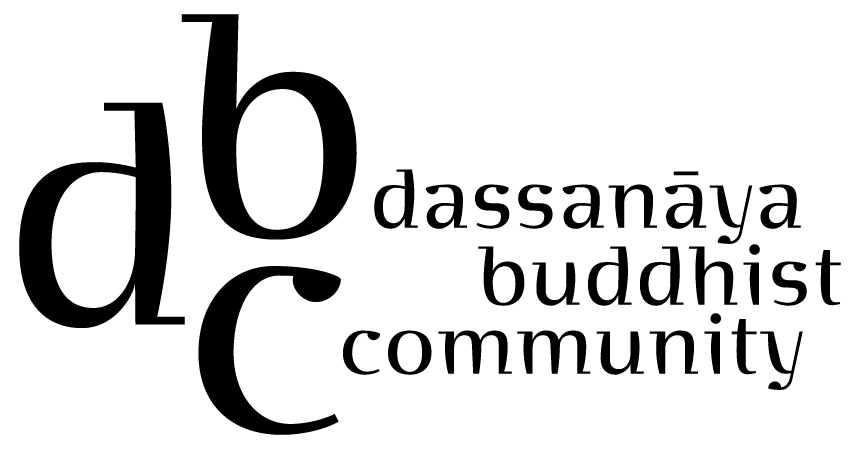Further thoughts about “The First Free Women”
This is a re-post of a message I recently added to a public forum discussion about the book by Matt Weingast called “The First Free Women.”
Hello everyone,
My name is Ayya Dhammadipa, and I am a nun in residence at Aloka Vihara. I am writing to say something about my role in “The First Free Women” and where I stand on the issues that have been raised.
Matty stated that all of the nuns here at the time of his visit were involved in the book. My role was to give some suggestions for the title, but not for the subtitle, and to find a typo or two. Ultimately none of the titles I suggested was chosen. You may have noticed that I am the only nun that was here at that time that did not endorse the book.
I believe I have always said that the book should not be called a translation, and I’m not aware of any time that I used that language. If folks find places where I have, please alert me to them, so that I can remove them. I believe that if Matty’s poems are called translations of the Therigatha, then he becomes just another entitled male who is telling us “what the nuns really meant to say.”
However, following the teaching examples here, though my mistakes are my own, I began teaching from the poems saying "Venerable Bhikkhuni so and so said…"and then reading from Matty’s poem. I am grateful to Ayya Sudhamma and Bhante Sujato and Bhante Akaliko for pointing out the error in this. Without their comments, I likely would have gone on making that mistake for some time. This does not mean that I agree with all of the language that was used to describe Matty and people’s ideas about his motives.
Once I learned of my mistake, I began investigating in more detail, and I discussed my concerns with others here at the vihara. I’ve chosen to provide feedback directly to the members of my community, rather than use this forum. I have expressed the fact that I view this as a very serious matter, and that
I want to explore skillful responses and solutions going forward. I have also removed from the public sphere any teachings I gave in which I used language that suggests that Matty’s poems are the Theris poems. Again, if folks find instances where I have missed taking something down, please let me know.
Though we were in retreat, on March 11th I issued an apology on my blog here 21. (What?! You don’t all read my blog?) My website was recently updated, but I made a point to carry over that post. Reading it now, I think that it was a bit optimistic.
So I want to again state my firm belief that, as monastics, we have a responsibility to the traditions in which we are ordained. We carry a responsibility to the great teachers and teachings of the past. We have a responsibility to be a source of clarity about the texts and the teachings they contain, and not to conflate them with our own experience and teachings. That is a key aspect of the way in which we monastics carry the tradition forward, and it is not well understood by many people. We also have a responsibility to guide others to do the same. And we will inevitably make mistakes and have to make corrections.
There must also be room for folks to give contemporary interpretations of the teachings and to comment on the texts. This too is an important part of carrying forward the tradition, finding it in relatable language and examples. The problem comes when we conflate the two, when personal experience is put forward as the teachings of the elders.
I suppose that the most troubling part of this controversy is that it has revealed, for me and perhaps many other folks, the fact that there are seemingly fundamental differences in the understanding of the accountability and responsibility that accrues to monastics, of the expectations of care and comportment, of the responsibility to respond to concerns. The suttas are quite clear about the Buddha’s position on this, as he again and again received feedback from monastics and laity alike. He responded directly, in a timely fashion, and with clarity and compassion. I feel the absence of Ayya Anandabodhi and Matty Weingast from this discussion.
So the message I’d like to leave you with is this: There must be room for both direct, clear translations and creative expression and interpretation of Dhamma. I believe these kinds of expression can coexist, but they must be offered without being conflated. If there is a lack of clarity about this point, we risk blurring the voices of the great teachers of the past, at least their voices as we find them in the Nikayas today. When you offer admonitions, please do so with clarity and kindness, without adding to the harm. When you (and I) are offered admonitions, please listen to them and respond with care. Otherwise, we are all just increasing the dukkha in the world, and behaving in ways that are uninspiring.
